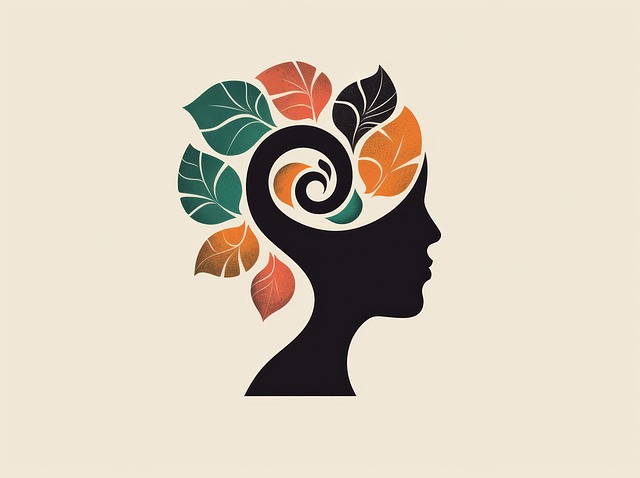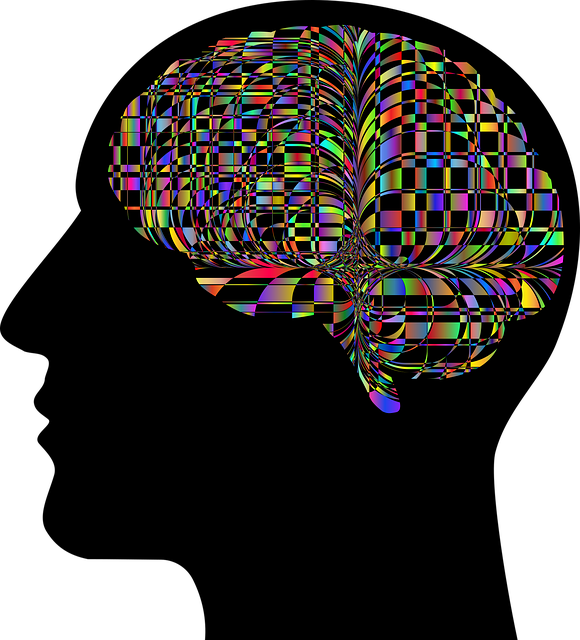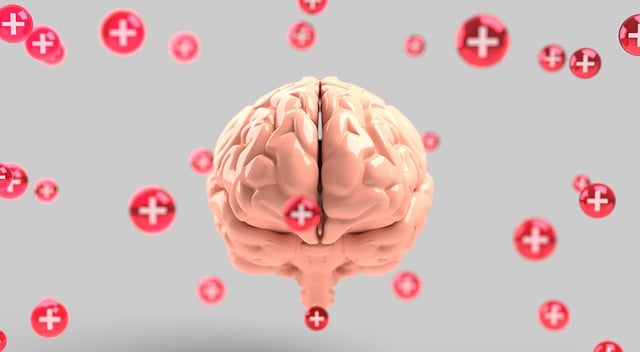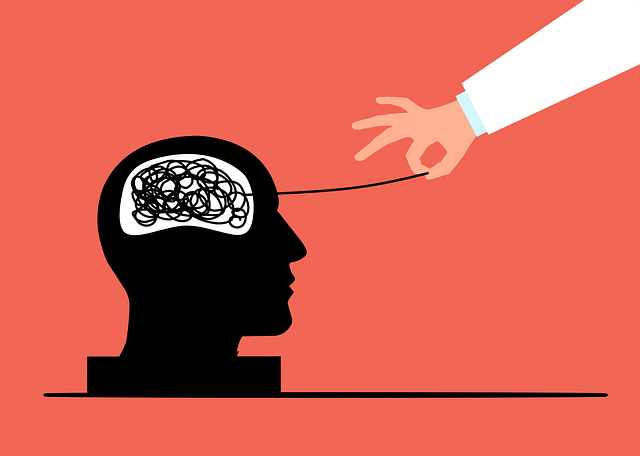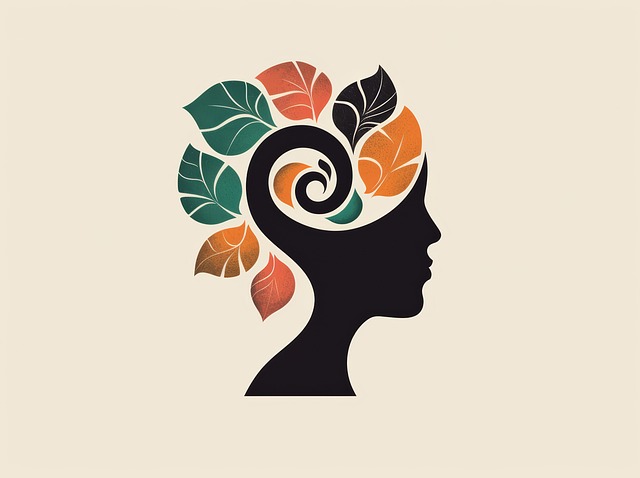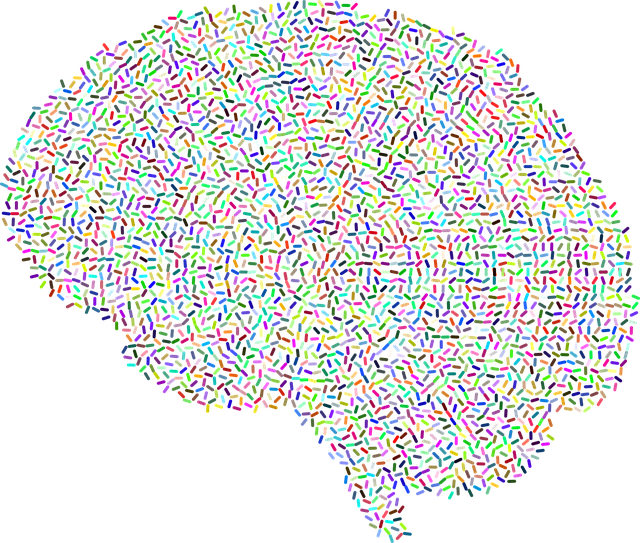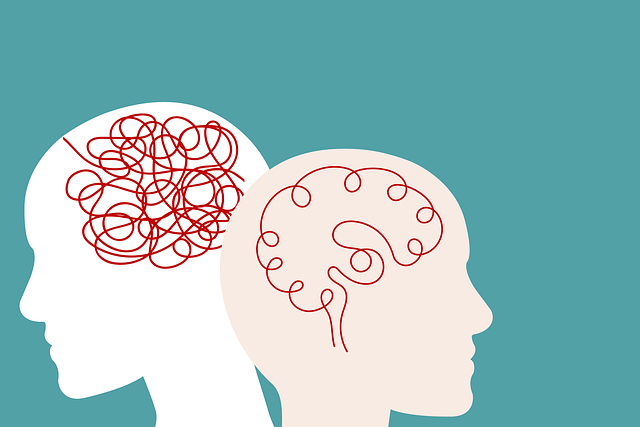Emotional intelligence (EI) is a powerful tool for personal growth and well-being, especially through services like Lone Tree Gender Identity Therapy. Key aspects include self-awareness, effective communication strategies, mindfulness, empathy, and self-care. Lone Tree Gender Identity Therapy emphasizes these components to help clients recognize and regulate their emotions, navigate complex social dynamics, and foster strong relationships. Culturally sensitive practices enhance connections with diverse patients and create safer healing spaces. Empathy, nurtured through active listening and open dialogue, strengthens personal and professional relationships while advocating for marginalized communities in mental health policy analysis and advocacy.
Emotional intelligence (EI) is a powerful tool for personal growth and effective communication, enabling individuals to navigate complex social landscapes with ease. At Lone Tree Gender Identity Therapy, we recognize EI as a cornerstone of mental well-being and successful relationships. This article explores the multifaceted aspects of building emotional intelligence, from recognizing and managing your emotions to enhancing empathy and fostering deeper connections with others. By understanding these key components, you can cultivate a more balanced and fulfilling life.
- Understanding Emotional Intelligence and its Importance
- Identifying and Managing Your Own Emotions
- Recognizing and Respecting Others' Emotions
- Enhancing Empathy and Building Stronger Relationships
Understanding Emotional Intelligence and its Importance

Emotional intelligence (EI) is a vital skill set that enables individuals to understand and manage their own emotions, as well as perceive, interpret, and respond appropriately to the emotions of others. This concept involves self-awareness, empathy, and effective communication, fostering strong interpersonal relationships and enhancing overall well-being. For those seeking personal growth through Lone Tree Gender Identity Therapy or exploring mental health services, developing emotional intelligence can be transformative. It equips individuals with the tools to navigate complex social dynamics, resolve conflicts, and build supportive networks.
In today’s fast-paced world, where burnout is prevalent, especially among healthcare providers, cultivating EI offers a protective measure. Stress reduction methods and burnout prevention strategies often emphasize the importance of emotional regulation and empathy in maintaining professional resilience. Moreover, cultural sensitivity in mental healthcare practice benefits from high EI, as it facilitates deeper connections with diverse patient populations. By recognizing and valuing emotions, healthcare providers can create safer, more inclusive spaces for healing and transformation.
Identifying and Managing Your Own Emotions

Recognizing and regulating your emotions is a cornerstone of emotional intelligence development. This process begins with self-awareness—identifying what you’re feeling in any given moment, be it joy, frustration, or fear. It’s like recognizing a familiar scent wafting through the air—you know exactly what it is even without putting a name to it. At Lone Tree Gender Identity Therapy, we emphasize this step as a fundamental building block for our clients’ emotional well-being.
Once you’ve identified your emotions, managing them becomes more manageable. Effective communication strategies play a key role here. Expressing yourself honestly yet respectfully, considering cultural sensitivity in mental healthcare practice, can help you convey your feelings without causing harm to yourself or others. This skill, honed over time, allows for healthier interactions and strengthens your Emotional Intelligence.
Recognizing and Respecting Others' Emotions

Recognizing and respecting others’ emotions is a cornerstone of emotional intelligence, and it’s a skill that can be cultivated through mindfulness and empathy. In the context of Lone Tree Gender Identity Therapy or similar therapeutic settings, healthcare providers are encouraged to actively listen not just for what their clients say but also for the underlying emotional nuances. This involves paying attention to body language, tone of voice, and verbal cues that may indicate a deeper emotional state. By acknowledging these subtle indicators, therapists can tailor their responses more effectively, fostering a safe and supportive environment for their clients.
Moreover, respecting others’ emotions means creating an atmosphere where everyone feels seen and heard. This is particularly relevant in the healthcare sector where burnout prevention strategies for healthcare providers often emphasize the importance of cultural competency training. Understanding and appreciating the diverse emotional expressions of patients from various backgrounds enhances care quality. Incorporating self-care practices into daily routines also plays a crucial role, as it enables professionals to manage their own emotions more effectively, thereby improving their ability to connect with and support others on an emotional level.
Enhancing Empathy and Building Stronger Relationships

Empathy is a cornerstone of emotional intelligence, fostering deeper connections and stronger relationships. Lone Tree Gender Identity Therapy emphasizes this aspect, encouraging individuals to understand and share the feelings of others. Through active listening, non-verbal cues, and open dialogue, clients are guided to walk in someone else’s shoes, leading to more meaningful interactions. This heightened empathy not only strengthens bonds within personal relationships but also plays a crucial role in various aspects of life, from academic settings to professional environments.
By cultivating empathy, individuals become better equipped to navigate complex social dynamics. It enables them to recognize and respect diverse perspectives, fostering an inclusive atmosphere that benefits everyone. In the context of Mental Health Policy Analysis and Advocacy, empathetic understanding is instrumental in creating supportive systems that address the unique needs of marginalized communities. Mindfulness Meditation and Emotional Healing Processes further complement these efforts by promoting self-awareness and emotional regulation, ensuring individuals can effectively communicate and connect on a deeper level while supporting their mental health and well-being.
Emotional intelligence is a powerful tool for personal growth, fostering meaningful connections, and navigating relationships. By understanding and managing our own emotions, recognizing others’ feelings, and enhancing empathy, we can create deeper, more fulfilling bonds. Incorporating these principles into daily interactions, as supported by Lone Tree Gender Identity Therapy, allows us to build stronger, more resilient relationships. Through self-awareness and emotional literacy, we empower ourselves to navigate life’s challenges with greater ease and compassion.

